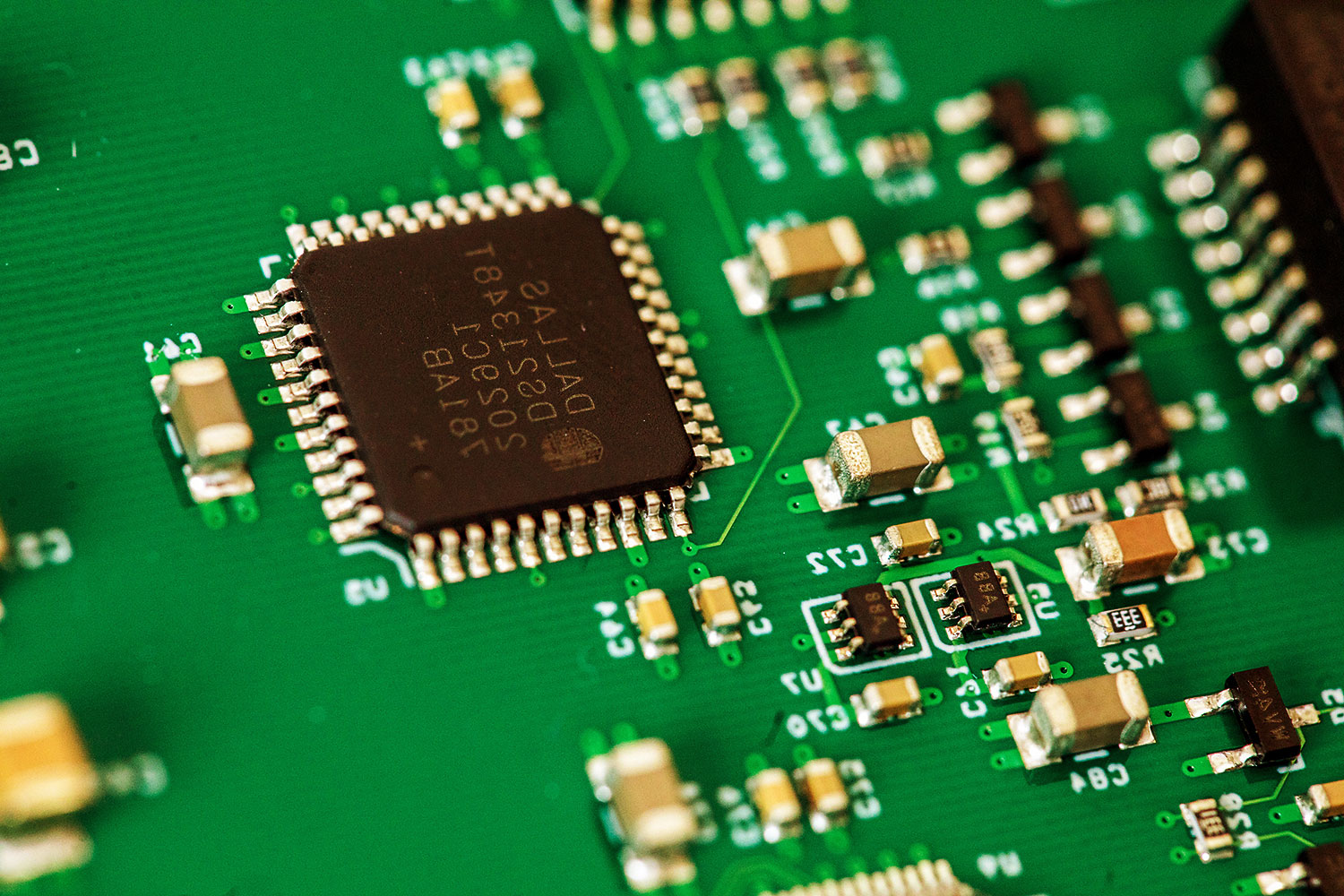If you haven't noticed, there is a microchip shortage. Makers of any device ranging from computers to guitar pedals are finding it difficult to source what they need from the marketplace. Expect delays on most things and if you do get yours in time then thank the silicon gods.
- Taiwan is working on deals with Arizona to expand chip making facilities in the United States. Plans for next generation fabrication in the tiny 5nm space are in progress with first production slated for 2024. This will not solve any immediate shortages and devices made in the US will be a little more expensive than in Taiwan, but it does spread the load a little, especially if China is serious about their aims to take over the island.
- I for one am interested in alternatives to Microsoft Office. Microsoft's product has become so bloated that basic functionality has suffered to some extent. I've covered Open Office recently and with a new release from the Document Foundation of LibreOffice, the Libre meaning free, it is time to look at this and some other offerings.
- LibreOffice has a new Windows update and a tentative new build for those using Apple silicon products. The latter is in the early stages so it's a case of use at your own risk for now. The other major change is a try at matching more closely to Microsoft document formats. Libre uses the Open Document Format (ODF) which like Microsoft's is XML based. Microsoft departed from this standard with OOXML, the Office Open XML, where "open" here means with some proprietary bits included. Microsoft always seems to have a problem with the definition of the word "standard."
- True, it is now an ISO standard but given the heritage it is a difficult standard to replicate or meet. Add to this that the standard version is called "Strict" and the Microsoft version is "Traditional" means it is in perennial transition. The result is that the translation from ODF to OOXML is never quite perfect. Saving as DOCX from Libre will cause issues with diagrams included as one example. The alternative OnlyOffice works directly with OOXML as claims SoftMaker Office, so that conversion is not required. Microsoft is less than perfect when opening ODF sourced documents. Libre does well at opening a DOCX generated in MS Word. If you then save this from Libre as .ODT and then again as DOCX and try to open in MS Word it is not as good. Libre has improved, is more compatible and adds some new features but inter-product compatibility is not yet ideal.
- Back in August 1991, a student named Linus Torvalds sent out requests for suggestions for a free UNIX-like operating system he was working on for fun. Thirty years later Linux is everywhere. Supercomputers are built around it and it sits on 3 billion phones in the form of Android. This makes it the most prolific operating system in existence today. Most of the servers running the internet use it and it is part of the Internet of Things.
- It has failed as a desktop device with only around 3% of the market compared to Window's 73%. Its niche is free open-source software and is a critical part of the world's information architecture. It's even found in outer space on places like the International Space Station. Linux will be with us for a long time to come and if they ever work out the developer collaboration issues it may indeed take over the world.
- For a while now I've been keeping my eye out for a good Virtual Reality system. Like my time waiting for a smartwatch, the latest models just aren't quite there but they are getting close. Enter the Valve Index. These are due out soon and all of the initial release is sold out. When you read the specs you can understand why. Dual 1440x1600 RGB LCDs that provide more subpixels than OLED. With the right computer it will run at 120Hz refresh rate giving a better overall experience, and 20 degrees more field of view. You can look around with your eyes, not just by moving your head. It has an off-ear audio system that provides more realistic sound, like it is coming from the world around you. You will need a decent graphics card and the minimum spec is a NVIDIA GeForce 970+ with a spare Display Port, as HDMI is not supported.
- The controllers have been redesigned to provide a better natural input experience. Each one as 87 sensors to track hand position, finger position, motion and pressure to determine what you want to do. You can open your hand to drop an object or throw something with fine control. The controller is worn, not held, so can be used for longer periods. Force sensors can detect a squeeze with how much pressure is applied and detect a pinch. All in all, they promise quite the haptic experience. Depending where you live, they will cost around US$1,500 (49,000 baht) with two controllers and two base stations.
James Hein is an IT professional of over 30 years' standing. You can contact him at jclhein@gmail.com.

